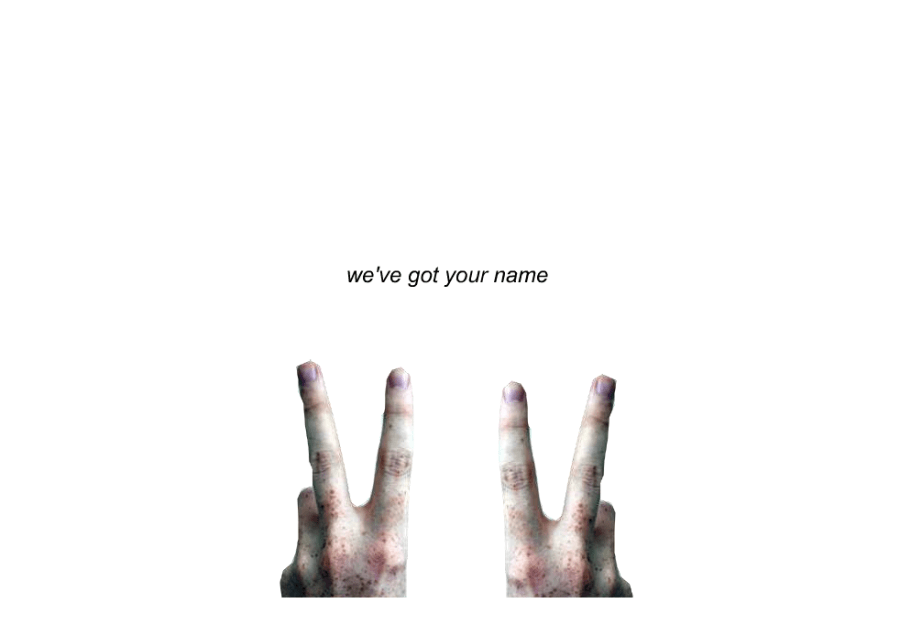
I’ve been wondering for some time now whether the .com. .co.uk. .net and .eu suffixes are all we need to buy when we launch a new brand for a client. We don’t want to make the mistake of Wolff Olins, when they were preparing to launch ‘Introducing Monday ‘ back in 2002.
They forgot to buy the .co.uk and b3ta placed a joke site in it’s place, effectively stopping the launch altogether and wasting £7m of PriceWaterhouse Coopers consulting’s money in the process. But we all found it very funny indeed and it did at least launch the brilliant b3ta into the big time.
But for me now, I wonder whether we will need domain names at all soon. If the research from TGI Europa as far back as 2008 BA (Before Apps) is true, then 87% of all Internet activity starts with a Google search. So, domains will become irrelevant. If you watch the ways kids use the Internet, they either go directly through Apps on the iPad or they go to Google and key the name of the site they want. So to get to Facebook, they either app it, or go via Google.
If this is true, then pretty soon, Google is bound to stop showing the domain suffix anyway. We’ll just be delivered to the Facebook area, the Ebay area or even the Oxford United area and we’ll become less and less concerned with what specific domain this is on.
So for brand owners, it’s about building your name again. Forget the domain name, concentrate on the name itself. That’s where Google will be going in the future.
Article first published as The way the Internet works is changing“ domain suffixes are dead on Technorati.
